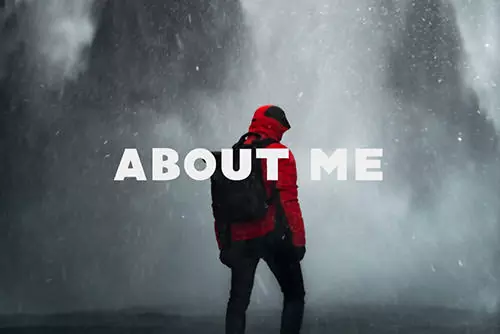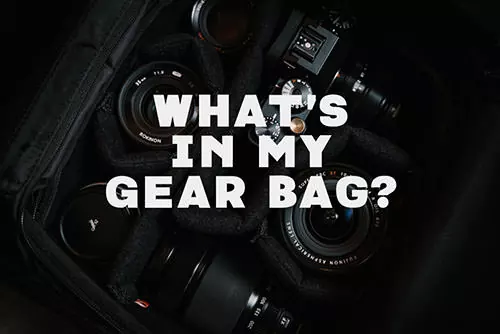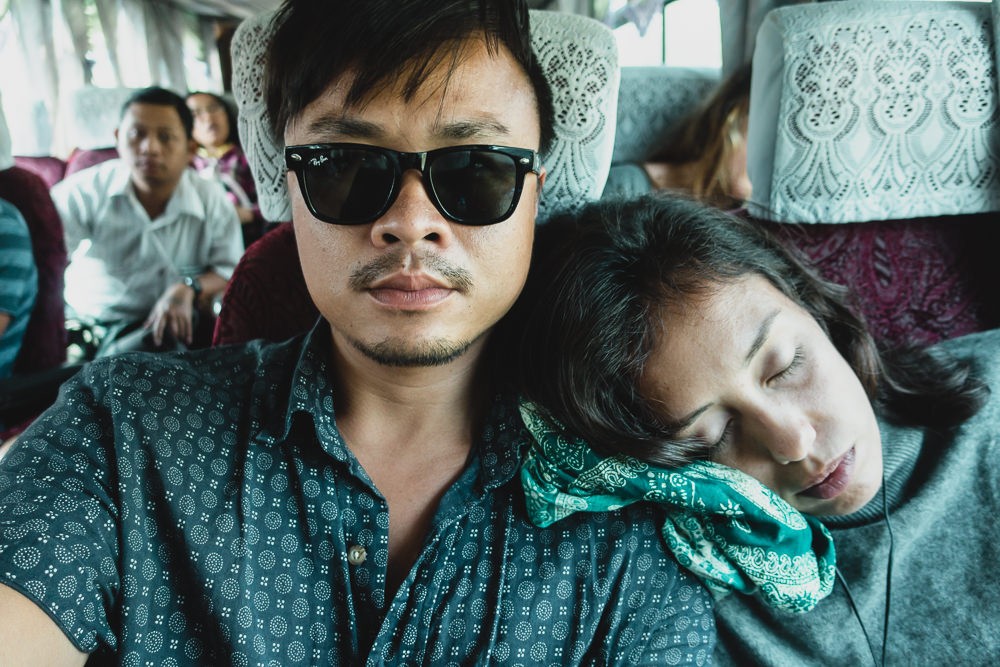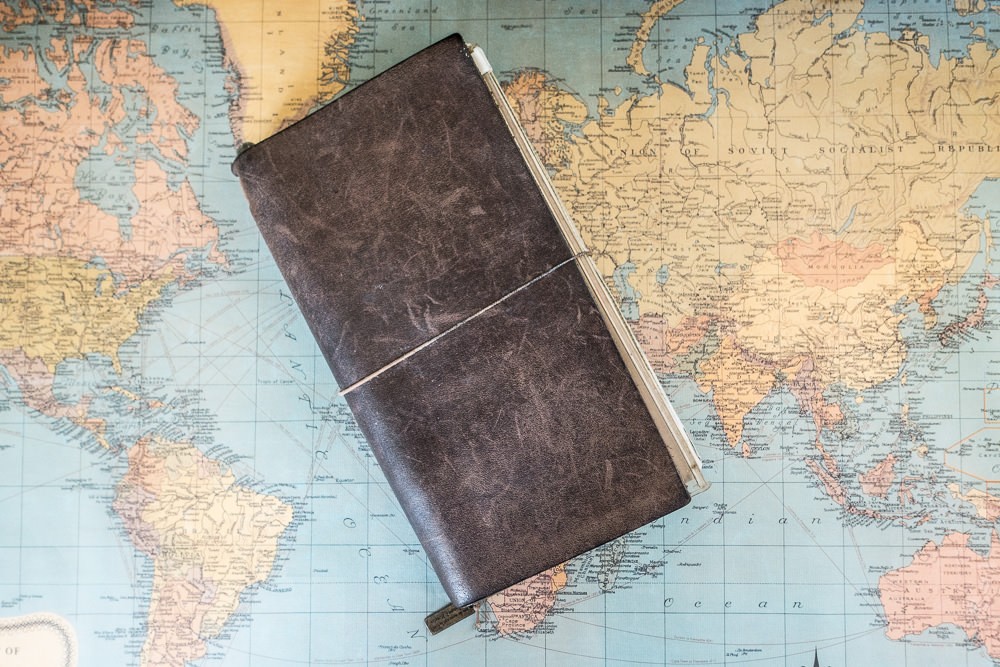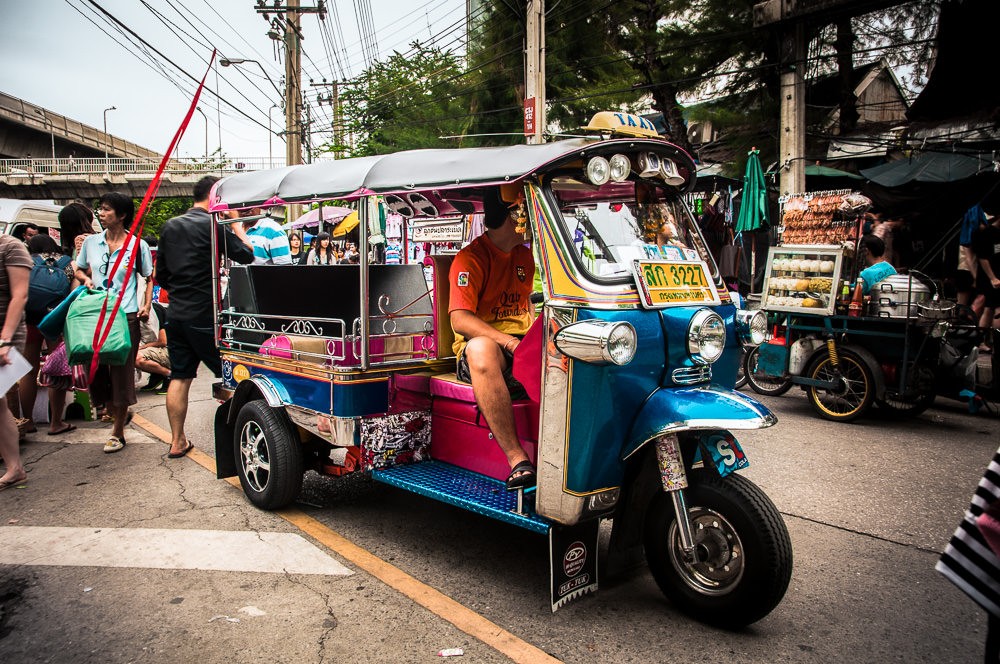What To Do If You’re Sick Abroad While Traveling
What To Do If You’re Sick Abroad While Traveling
Travel to enough places, and you’ll eventually find yourself writhing in extreme pain from a bout of food poisoning, or some other illness. You’re no more protected from getting sick traveling than you are at home, and in fact are more susceptible to it because there’s the added stress of time zone changes, lack of sleep, and overactivity, to name a few things. There’s no getting around this, most of what you can do centers around prevention, but there are a few things you should know before you go abroad and what to do if you get sick in a foreign country while traveling.
Disclaimer: I do not offer any medical advice. The content below deal more with the logistics of what to do if you require medical help while traveling abroad.
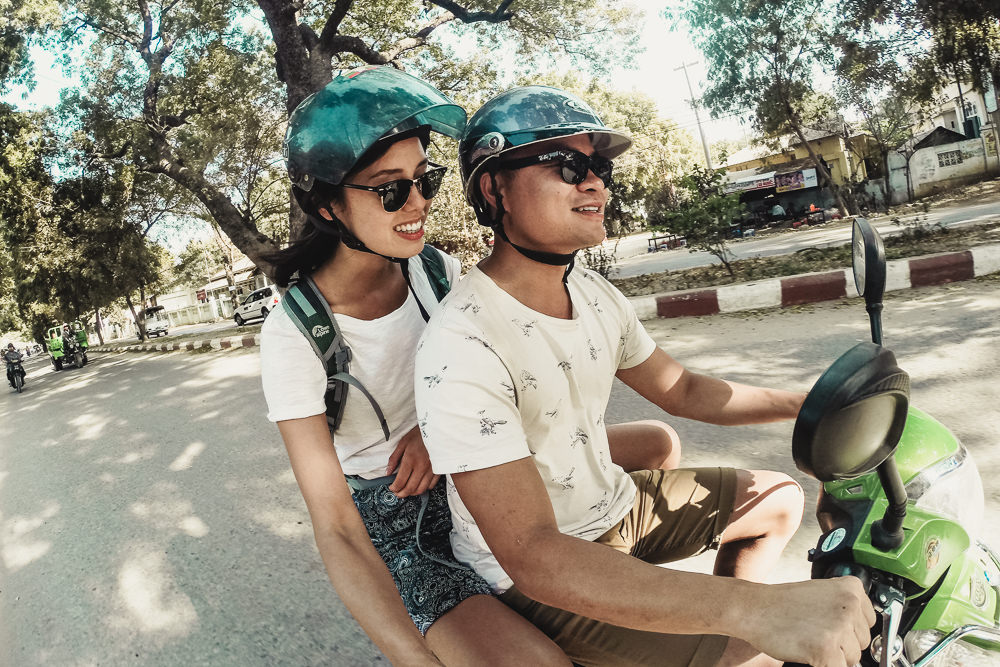
Get And Know Your Health Insurance Coverage
First off, your normal health insurance may or may not cover certain things when you are out of your network. Did you know that? If you don’t know what it covers, don’t worry, most people don’t either. Spend a couple of hours and call up your insurance provider and ask them every question you can think of. They may or may not give you all the answers, but at least get some kind of documentation for generally what is covered and what is not?
Be as a clear and specific as you can with your medical questions, even with hypothetical situation. It’s better to do it on the phone in the comfort of you own home, than on a long distance call while you explosively unload onto a squat toilet hole in the ground.
Contact your insurance provider as soon as you are sick, if possible. They will try to advise you on your specific coverage. Unfortunately, I’ve found that they will be somewhat vague until there are definitive claims and bills. This is not always possible, if you haven’t gone to the doctor. At the very least, they can advise you if there are any out-of-network options that are better than others.
For bigger accidents, where you are not able to provide your insurance information directly, I suggest having your insurance policy number and information card in your wallet, clearly marked. If you are unconscious, they will look for identification in your wallet. Wrapping your card with a piece of paper with “Health Insurance” clearly written is a good idea. I like to do this with the words translated into the language of whatever region I’m in. Most people won’t do this, but it takes a few seconds and could come in handy.
Get Travel Insurance
Even with your coverage, I always get and highly recommend travel insurance, if only to cover gaps in your own coverage and to get things like emergency repatriation in case something really serious happens. I’ve spent a lot of money over the years for travel insurance and have rarely had to use it, but it would have still been cheaper than if I had to be medically evacuated just once.
One preferred travel insurance provider that many backpacker choose is World Nomads. I’ve never had to file a claim with them, but my friends who have, didn’t run into any problems.
Do this, even if you are going to places that you deem safe. Just because you’re not hiking to Everest base camp in Nepal, or scuba diving in Thailand, doesn’t mean you can’t get seriously hurt or ill and need to be flown back home for proper treatment.
Just remember that you need to have bought the travel insurance before your departure date.
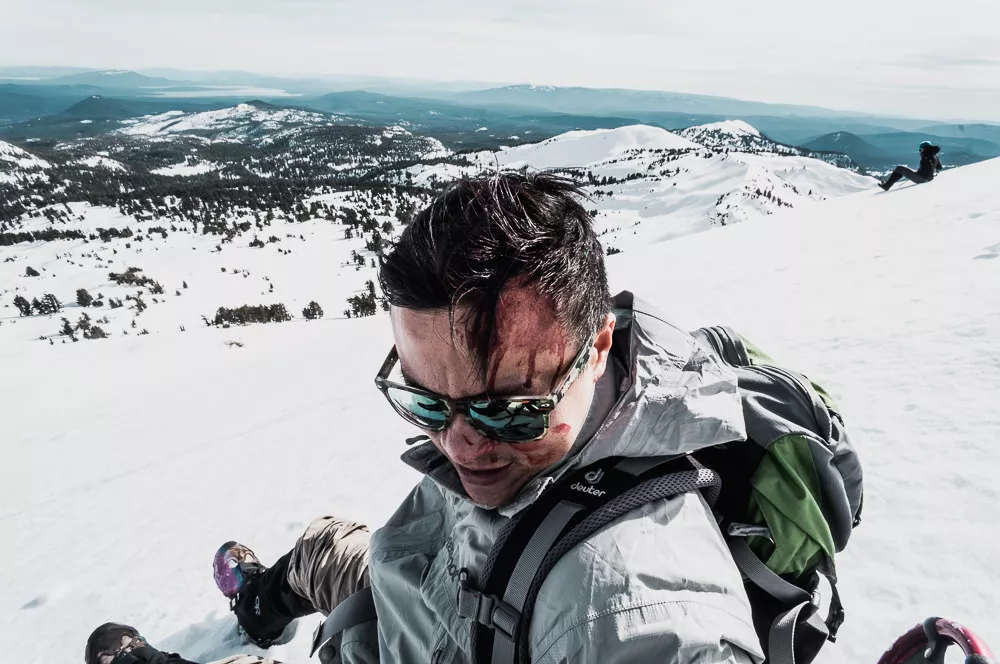
I recommend World Nomads since they are widely used by many travelers, myself included. I’ve heard of many people who have had their claims covered, so that’s reassuring. Just know what is covered and what isn’t.
For minor incidents, I actually prefer to contact and process a claim with my travel insurance before my normal health insurance, because it tends to be an easier process. They will usually tell you what’s covered and will process and reimburse the claim after you’ve paid the bill.
Get All Your Required and Recommended Vaccinations
If you plan on traveling in 2020 and the foreseeable future, it’s more important now than ever to get your flu vaccination before you go. It’s an easy preventative step so you stay as healthy as possible on the road. There are bunch of other vaccinations that you should regularly check out. The common ones are:
- Hepatitis A
- Hepatitis B
- Typhoid and paratyphoid fever
- Meningococcal disease.
- Yellow Fever
- Rabies
- Japanese Encephalitis
Some of these shots are taken over a series of weeks or months and require follow up, so plan ahead.
There are also a lot of common vaccinations that people generally don’t keep up to date like your tdap (tetanus, dipheria and pertussis). Talk with your doctor.
In some regions like South America and Africa, you’ll need to carry your vaccination card for entry. The most common one that’s required is Yellow Fever.
Contact Your Local Embassy or Consulate
Health care is different everywhere. In Mexico, I can pop into a local doctor’s office, ask to see the doctor and leave with a $10-$20 bill. This is perfectly acceptable for me. In America, you’re probably going to have to fill out a bunch of forms, assuming you can, and if you don’t have insurance, you might have a lifetime debt to pay off. Contact your local embassy as soon as you can, and they will best advise you on where to go, and what you will need.
In an emergency, you might have little choice other than to be treated where you are taken, but contact your health care provided at home immediately, so that they are aware of the situation and let you know what is and isn’t covered.
SMECTA
Let me start by emphasizing that I’m not a doctor, so this is not medical advice. This is just something that I use myself. In my experience, one of the most common but devastating things that can and does happen (to me and others) on my travels is food poisoning. By the time it gets so bad that you feel knives being stabbed at your guts every 10 seconds while you vomit from both ends, the best a hospital can do for is hook you up to an IV and then give you antibiotics. You still suffer for days.
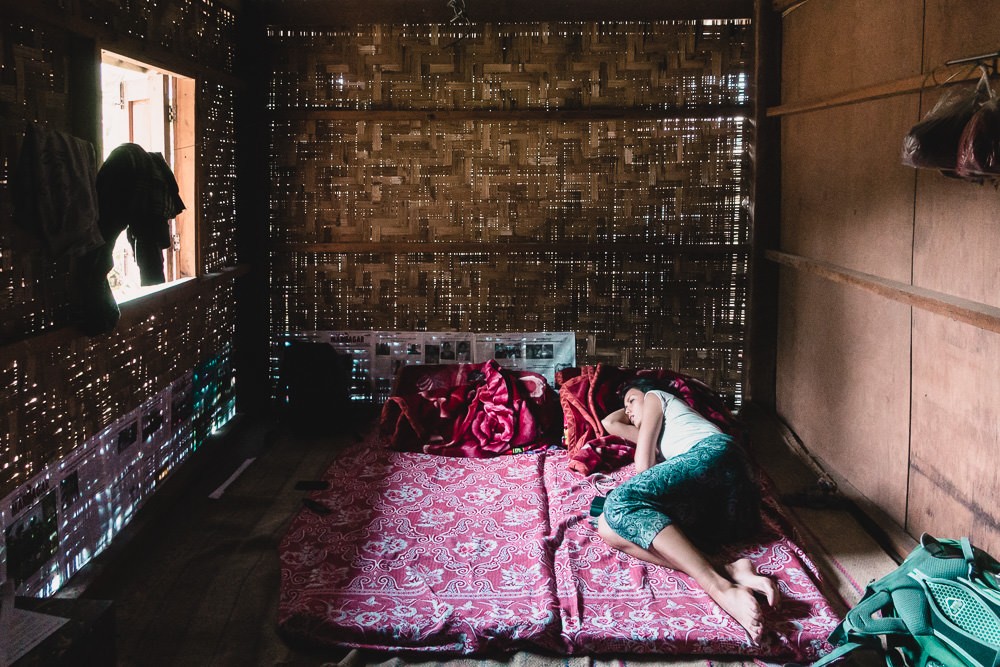
I carry a small first-aid kit, and SMECTA is the focal point of it. It’s basically a clay-compound type powder that dissolves in water and used to treat diarrhea for children in developing countries.
When taken early enough after a bout of food poisoning, it usually helps me with my symptoms and allows my body to recover on its own. As always, do your own research. It may or may not work for everyone, but it works for me.
If you’re ready to get out there and need to get some travel motivation or inspiration, check out my bucket list for some ideas.
Updated on October 29, 2023


